News Archive
2014
-

Gerardo Reynoso joined the Army because he wanted adventure and prestige. He signed up while still in high school during peacetime and was captivated by the idea of escaping his Southern California neighborhood and living in Europe, where the most danger he could possibly see would be in Bosnia.
But two days before graduating from boot camp, the plan changed. It was Sept. 11, 2001.
“I didn’t even realize it happened,” Reynoso said.
-
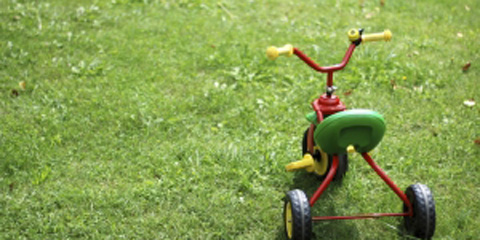
The Children’s Data Network project at the University of Southern California School of Social Work has released data showing one in seven children born in California – 14.8 percent – were reported for suspected abuse or neglect before they were 5 years old, a much higher number than previously realized. The study linked more than one million birth records to Child Protective Services (CPS) data and analyzed children’s experience over a five-year period.
-
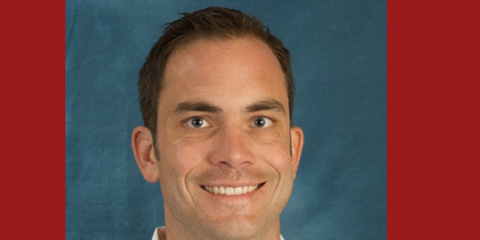
The recent publication of "America's Youngest Outcasts" by the National Center on Family Homelessness reports a staggering 2.5 million homeless children under the age of 18. Justifiably, this news has people in an uproar.
As someone who has conducted extensive research with homeless teens and young adults for more than a decade, I am glad to see the problem making headlines and spurring discussion.
-
The USC School of Social Work Diversity Committee, along with the USC Price School of Public Policy’s Women Leading Policy, Planning and Development and the USC Institute for Global Health, held a screening of "Honor Diaries," a documentary about the need to end honor violence, forced and underage marriage and female genital mutilation, to promote awareness of these issues.
Rafael Angulo, clinical professor of field education at the School of Social Work, kicked off the event by speaking about his connection to the film.
-
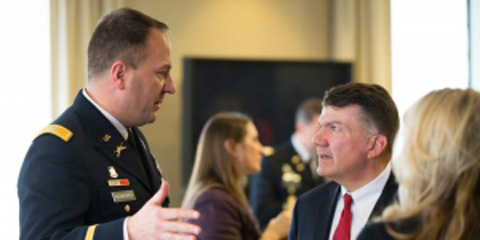
Every year, 250,000 veterans are transitioning from military to civilian life.
Though there is wide community support for them, a system of more than 40,000 nonprofit organizations, along with federal and state agencies, can be difficult for veterans to navigate for services.
-
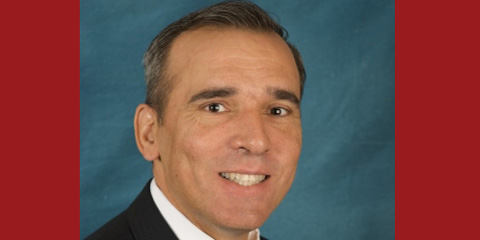
As veterans return from war, how ready are we for them? Are we doing enough to help with that transition? What more can and should we be doing to streamline assistance to veterans and their families?
-
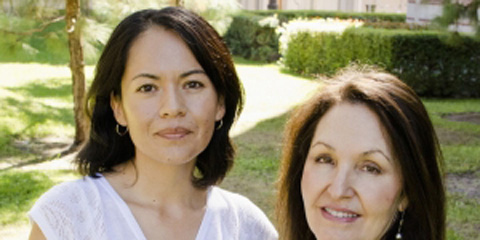
Reviewing grant proposals for federal agencies has proven to be a boon to researchers at the USC School of Social Work. A perfect example is Suzanne Wenzel, a professor and current chair of the school’s Research Council. Since 2001, she has served as a reviewer for the National Institutes of Health (NIH) on multiple occasions. She recently accepted an invitation to join a four-year review panel tasked with examining proposals related to the multiple personal, social and community factors that influence HIV risk and preventive behaviors.
-
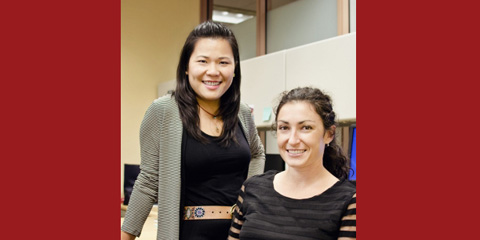
How do unique neighborhood characteristics influence rates of child maltreatment?
A new study led by researchers at the USC School of Social Work will explore that question, particularly how social dynamics in immigrant enclaves and collaboration among community service providers may protect against or increase the risk of child abuse and neglect.
-
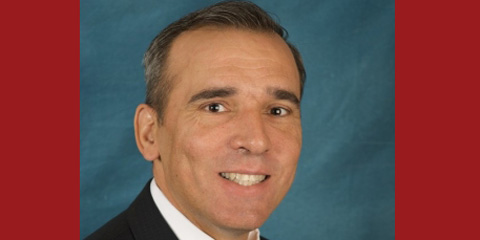
California is home to nearly 1.8 million veterans, with more than 325,000 living in Los Angeles. But as troops leave the nation's longest-running wars in Iraq and Afghanistan and service members complete their tours of duty, another 12,000 new veterans are expected to be added to our local population annually.
-
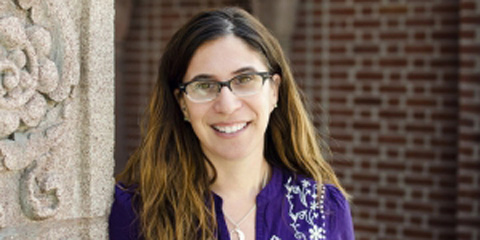
For Julie Cederbaum, an assistant professor in the USC School of Social Work, engaging in the principles and practice of social work is a calling she has felt throughout her life.
Even as a teenager, the desire to give her time and services for the benefit of others seemed instinctive.
“I didn’t know what motivated me,” Cederbaum said. “I just felt very natural as a listener and in helping others with their problems. It was always really easy for me to talk to people I didn’t know and engage with others.”